Opera Software discontinues Opera Max
Opera Software announced the decision to discontinue Opera Max, an application for Android designed to save bandwidth and improve privacy today.
The company launched Opera Max back in 2013; first in the US as a beta version, and then a couple months later in the European Union and other parts of the world.
Opera Max was a standalone version of the Opera browser's Off-Road or Turbo mode. Basically, what it did was tunnel incoming traffic through Opera servers to compress the data before sending it to the user's device.
The service was not limited to compressing websites to save bandwidth though, as it did the same for media streams.
Opera Software introduced additional features in 2016, most notably a privacy mode that blocked trackers and other undesirable connections when enabled.
Changes that did not appeal to the majority of users were made in November 2016. A nag feature, one that required users to open the application to add time to their allowed quota, was added. The sole reason for that was that ads were displayed in the application.
While it was understandable that Opera needed to finance the service somehow, it was not without irony that an app with tracker blocking functionality displayed advertisement itself in its interface.
The last major version update was published in May 2017, the last update in July 2017. Opera Max 3.0 featured a new design, and some new features.
Opera Software made the decision to discontinue the product because it "had a substantially different value proposition than our browser products" and "represented a different focus for Opera".
The company pulled the Opera Max application from Google Play already. It is now unlisted on Google Play, but may still be available on third-party application stores for Android or on mirror sites such as APK Mirror.
Existing Opera Max users may continue using the application for the time being. Opera Software won't publish updates anymore however for the application, and will pull the plug completely in the future. The company has not revealed a fixed date for the termination of the service, but mentioned that users will be informed about the server-side termination of the service "in due time".
Closing Words
Opera Max's discontinuation may hit users of the application hard as there are not many viable alternatives available. While it is possible to use Opera Turbo / Off-Road Mode, or Google's data saver in browsers, only a handful apps are available that compress all data traffic.
Opera's decision hints at consolidation attempts and focus on developing Opera browser products. Whether that was made in an attempt to save money or free up development resources for the Opera browser is unknown, but it seems likely that this has played a role in the decision making process at Opera Software.
Now You: Do you use data compression apps?
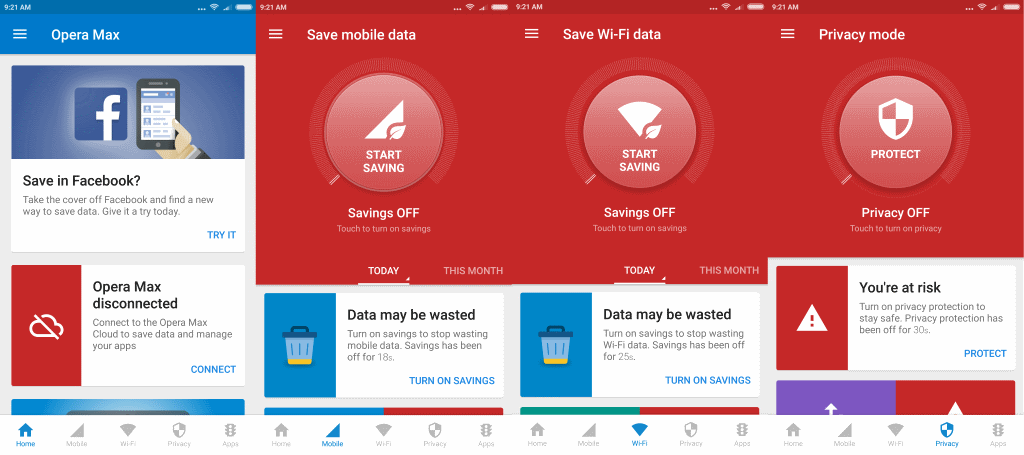


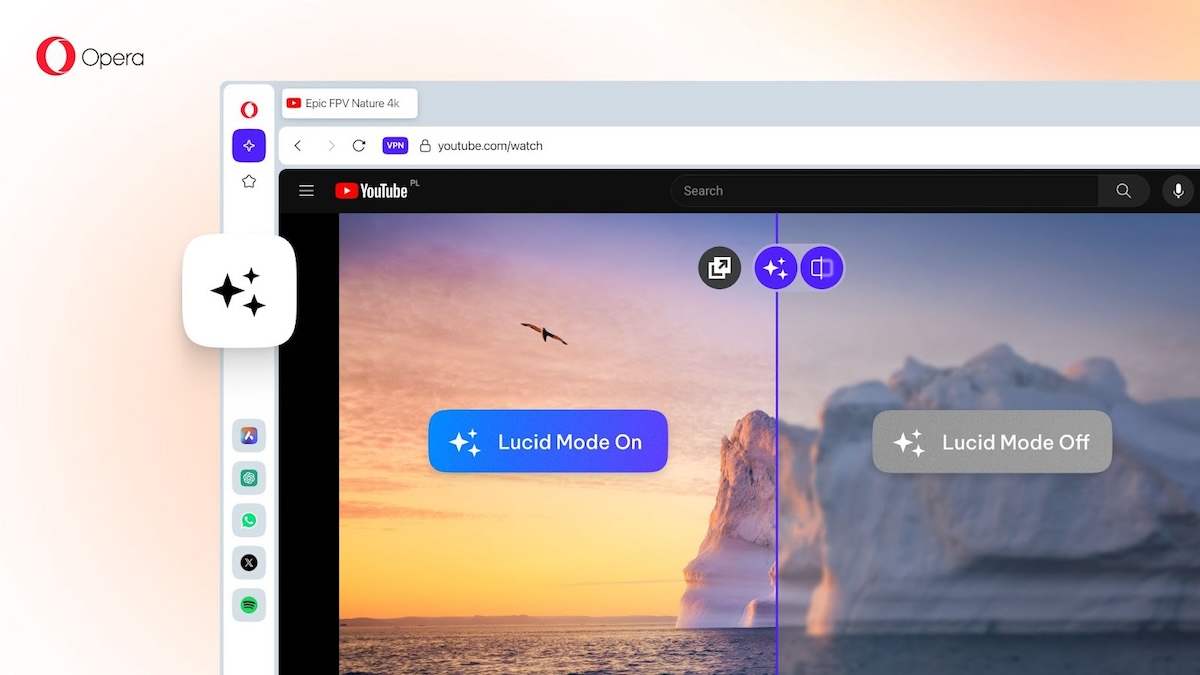

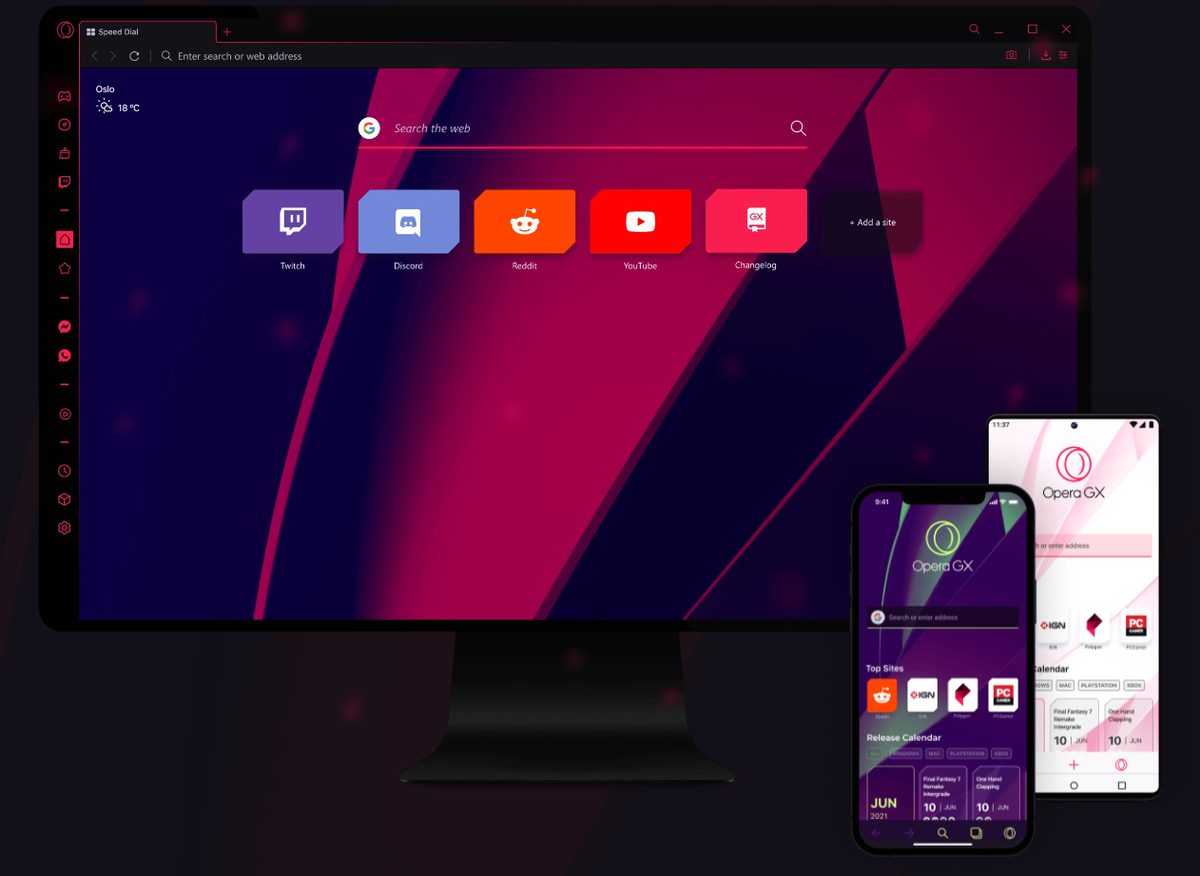
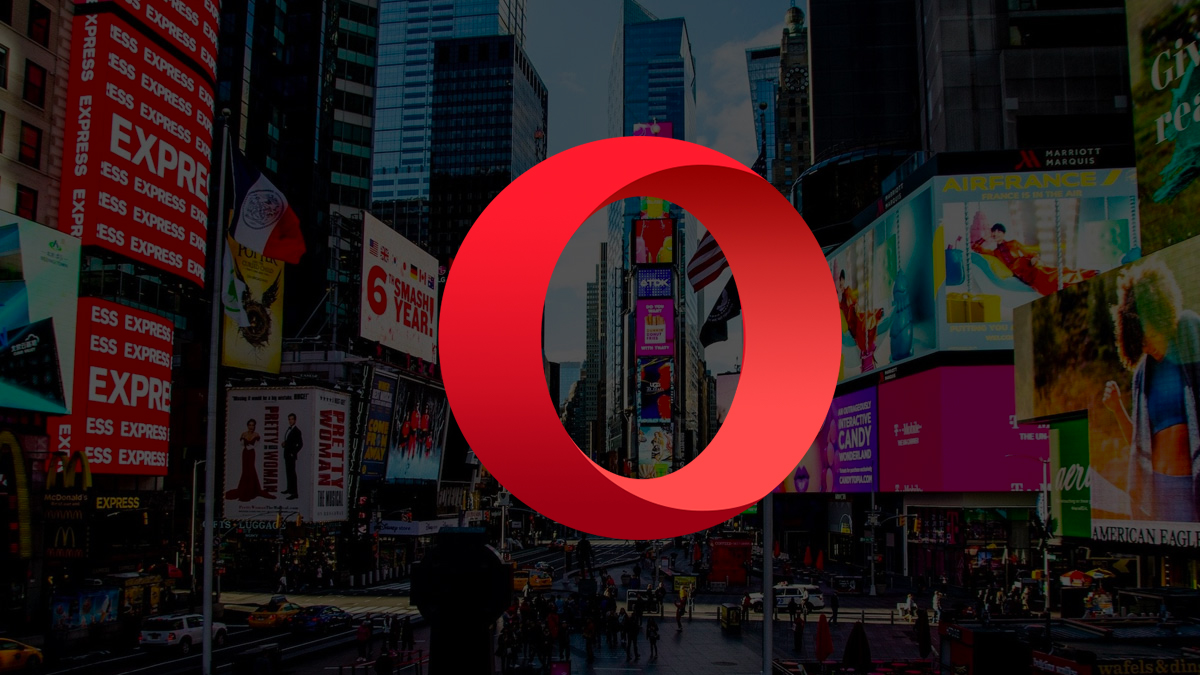
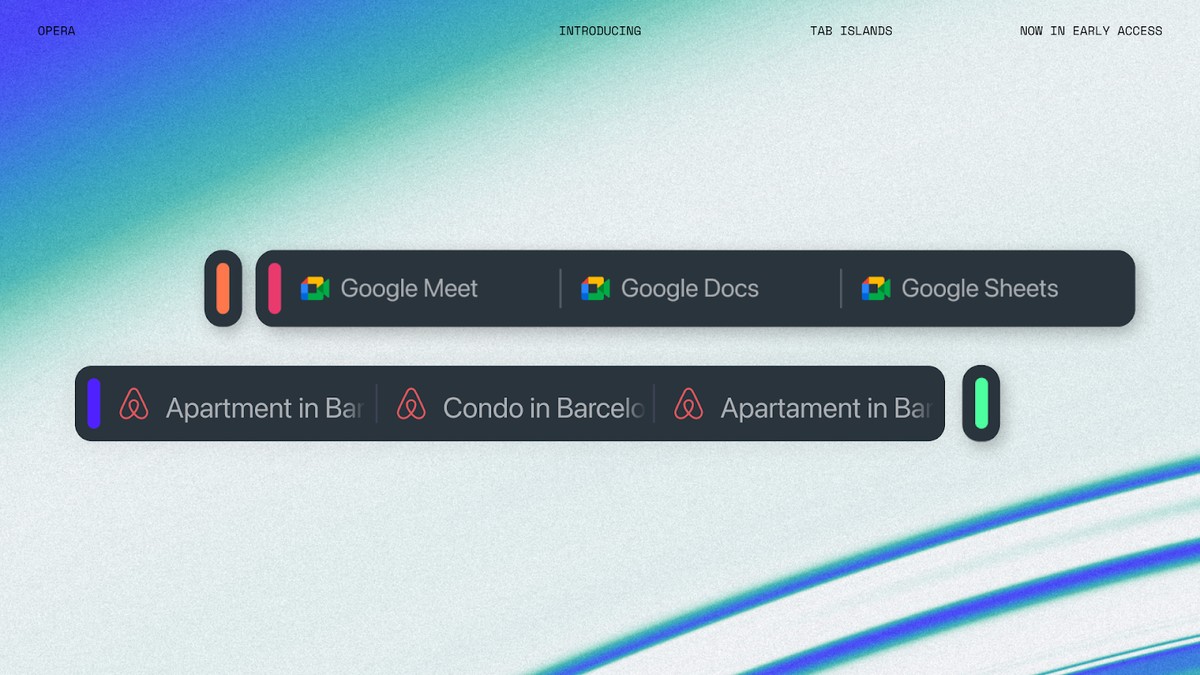
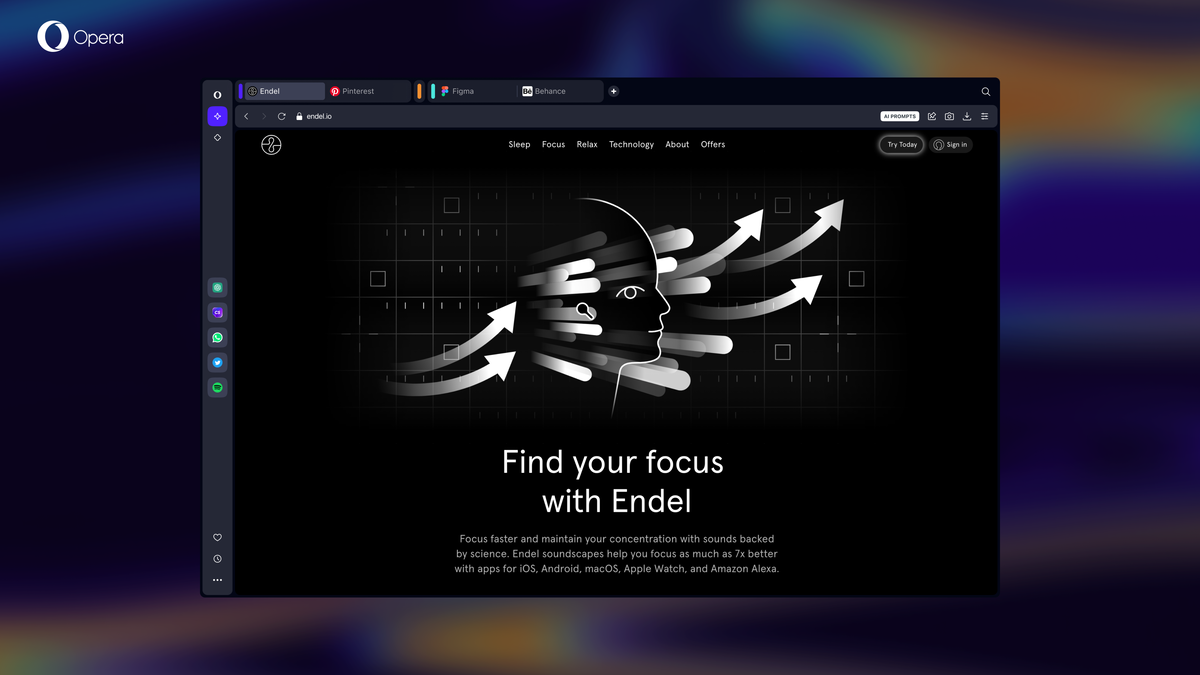










harry the app you suggest is not working
Here’s the best alternative: http://www.datasquasher.com (iOS and Android)
Compresses Cell & Wifi data, shows usage reports too!
– User controlled Video optimisation and compression
– Images and Text compression
Saves you a fortune on your data plan and has been around longer than Opera Max!
Stop saying everything is spying without any proof.
Opera was a good browser, they just made wrong decisions – that’s all.
Some people will be paranoid all their life, it’s just an irrational part of themselves. Strangely most of the time paranoids seem to be on the conservative and far right side of the politic spectrum.
Opera VPN > Opera Max
teh powa of Vikingz
Opera VPN = teh powa of chinese gov.
Sorry that it’s unrelated, but what did Opera Neon become ? It was a fun looking browser.
Wasn’t/isn’t Opera Max preinstalled on some phones? Just searching for “Opera Max preinstalled” gives me links naming Samsung and Xiaomi.
Chinese browser which claims to improve privacy, with Chinese gov. direct access to its servers ?
Android users who long ago lost all privacy can install Onavo app which compresses data while routeing all data through Facebook serves in order harvest their data in the process.
https://www.fastcompany.com/40451455/facebook-is-spying-on-your-phone-habits-to-figure-out-which-ideas-to-steal-next
From the article: “While it was understandable that Opera needed to finance the service somehow, it was not without irony that an app with tracker blocking functionality displayed advertisement itself in its interface.”
This reminds me of the many anti-adware apps or apps that scan for adware that are themselves adware. This is, unfortunately, not uncommon for apps intended for the Android operating systems.
The “Add more time” requirement is what prompted me to remove Opera Max from my devices. As you stated in the post, it was clearly nothing more than an excuse to force us to view ads.
I’m certainly not against publishers earning revenue from their content and products, but the way Opera did it here was completely over the line in my opinion.
I wouldn’t be surprised if Opera merges their Android browsers soon as well. They have Opera Mini, which appears to get consistent security & feature updates as well as their standard Opera for Android browser which I think was last updated at the end of March or April. It wouldn’t be a shock to see them merge the two and drop the “Mini” from Opera Mini’s name.
I used to use Opera Max but the latency at times was annoying. Plus the app got unnecessarily bloated. Still this is a loss of a valuable app. I switched to Neopard, which allows custom image compression setting. Since my Twitter client is compatible with compression apps, I see fast resource loading and latency is really good. Just don’t allow it to install its own SSL certs which it asks to intercept & compress HTTPS requests.